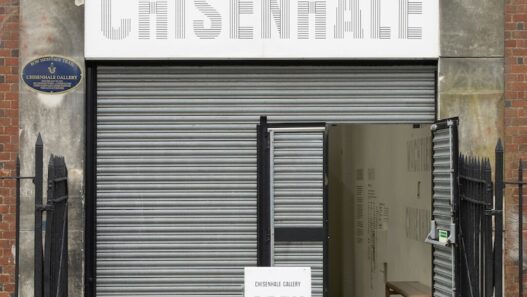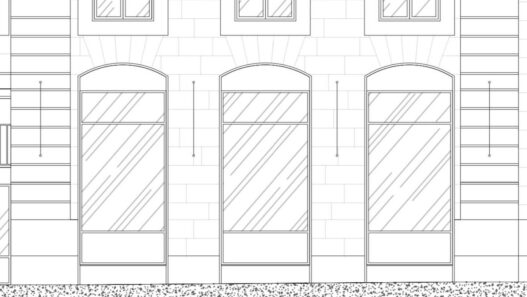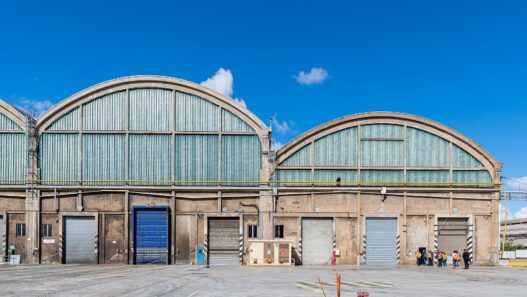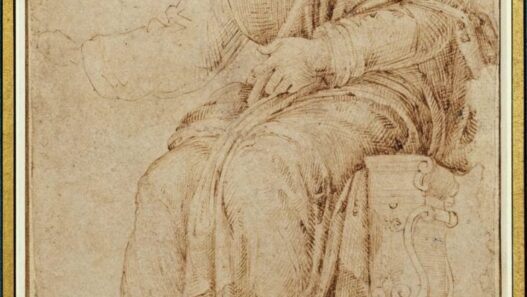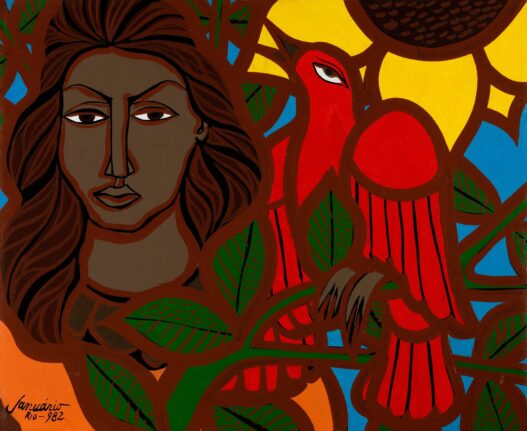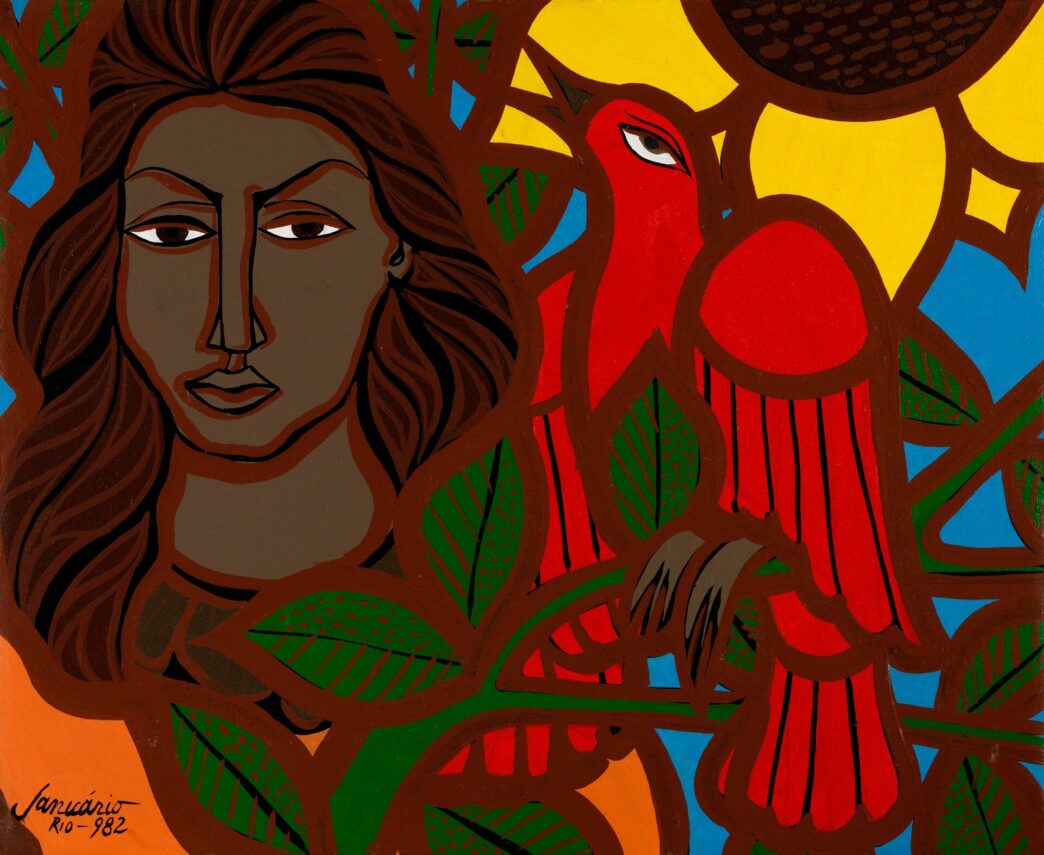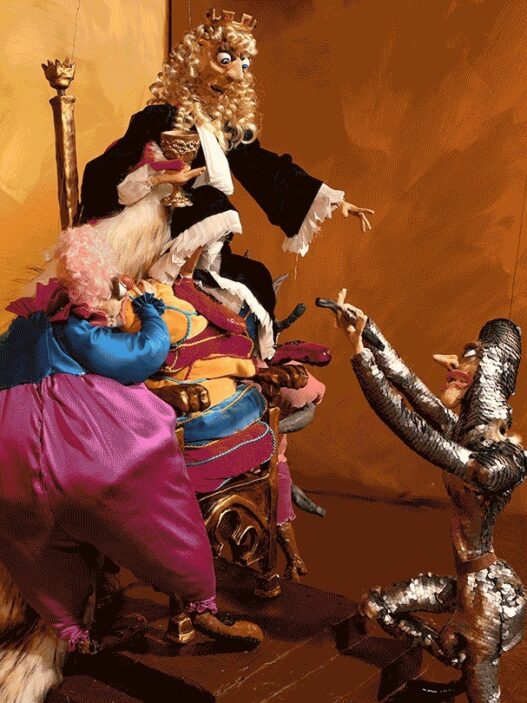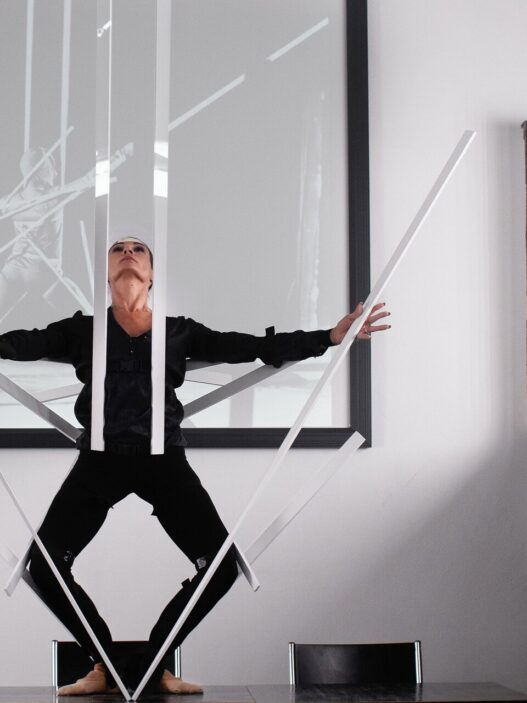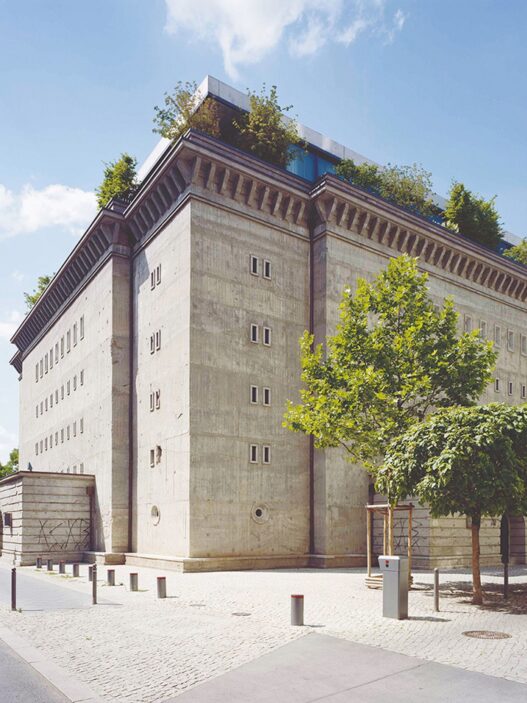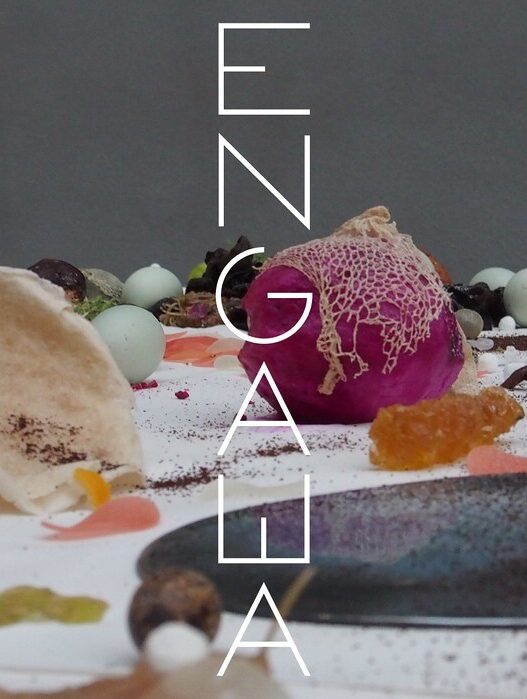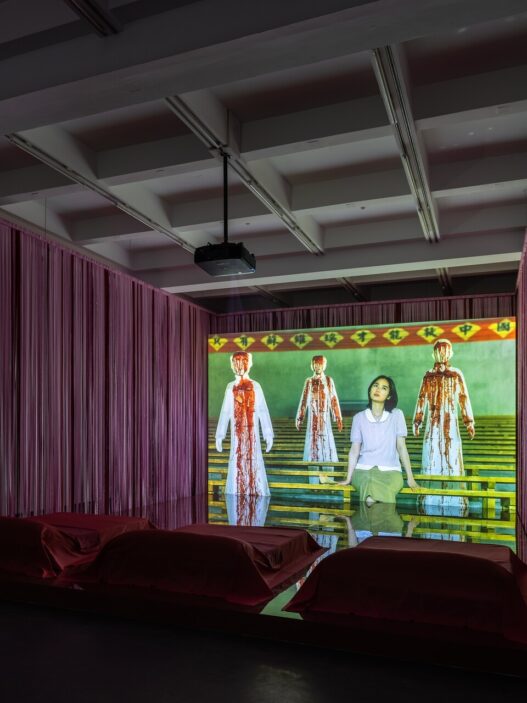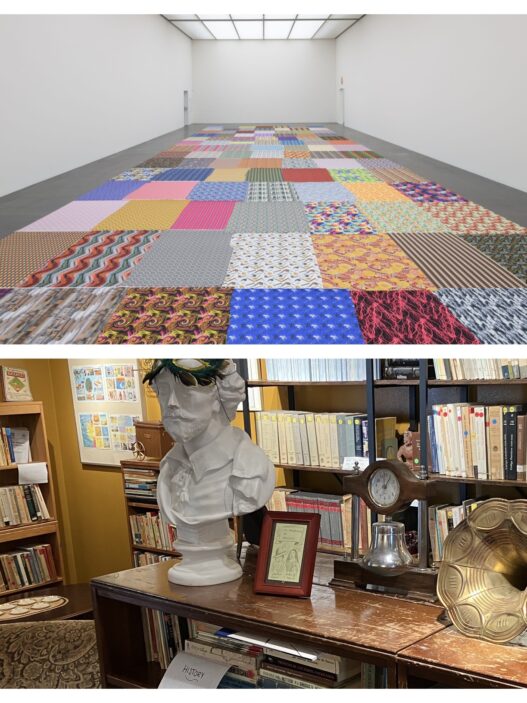The Haus der Kulturen der Welt (HKW) in Berlin will reopen on June 2-4, 2023, with a sequence of blessings, concerts, lectures, offerings, performances, processions, readings, and rituals.
The opening weekend Acts of Opening Again: A Choreography of Conviviality is a chance to welcome the public to the new HKW. Entering in together from 4pm, all visitors are invited to participate in a performative installation by contributing gestures in the form of poems, songs, gifts, or other symbolic offerings as part of Bernardo Oyarzún’s work El Medán. NOT waiting…, a newly-commissioned performance by nora chipaumire & Germaine Acogny and concerts by Oumou Sangaré, Estrellas del Caribe, and Awilo Longomba follow artistic renewal rituals by María Magdalena Campos-Pons, Baba Murah & Ensemble, Forum Brasil and Ilê Obá Sileké, Candomblé House, Berlin, and Rasiel Almanza Cairo (When We Gather); Hand in Hand: a love poem for togetherness by vanessa german; and Invoking Papa Legba by Houngan Jean-Daniel Lafontant with Claude Saturne on the weekend of the re-opening.
Throughout the weekend, admission is free.
The first project Quilombismo: Of Resisting and Insisting. Of Flight as Fight. Of Other Democratic Egalitarian Political Philosophies is a research project, exhibition, workshops, and series of performances that invite artists, activists, scholars, and contributors from various practices to imagine new forms of cultural and political resistances and insistences through various emancipatory projects, past, present, and future imaginaries.
The philosophy of quilombismo, as developed by Brazilian artist, author, and politician Abdias Nascimento (1914-2011), serves as the project’s starting point. He defined quilombos—communities formed by escaped and emancipated enslaved people—as societies of “fraternal and free reunion, or encounter; solidarity, living together, and existential communion.” The heritage of quilombist struggle and resistance may be traced back to the early 1500s, when African enslaved populations refused to submit to European colonization and tyranny and established new forms of sovereignty and organization.
Taking the premise that there is much to be learned from quilombos and quilombo-like spaces, both as experienced fact and as metaphor, seriously, the project stresses that spaces of liberation and freedom—and freedom itself—must be continuously fostered, brought into being, and conceived anew.
O Quilombismo contributing artists
Laeïla Adjovi, Amina Agueznay, Ana Beatriz Almeida in collaboration with Cici de Oxalá, Archive Ensemble, Albert Artwell, Barby Asante, Leo Asemota, Maria Auxiliadora, Carol Barreto, Farid Belkahia, Everald Brown, María Magdalena Campos-Pons, Ange Dakouo, Bastin Santan Diggekar, Diana Ejaita, Rotimi Fani-Kayode, Adama Delphine Fawundu, Tanka Fonta, Gwladys Gambie, vanessa german, Assaf Gruber, Bibijan Babushab Gunjavathi, Hattarabi Maulasab Gunjavati, Antonio Jose Guzmán & Iva Jankovic, Hermosa Intervención, Lisa Hilli, Nikau Hindin, Masimba Hwati, Hayv Kahraman, Grada Kilomba, Li Jiun-Yang, Aristote Mago, Ibrahim Mahama, Georgina Maxim, Tuli Mekondjo, Demond Melancon, Marie-Claire Messouma Manlanbien, Oscar Murillo, Museu de Arte Negra, Nontsikelelo Mutiti, Saidambi Imamasab Naik, Abdias Nascimento, Eustáquio Neves, Lizette Nin, Olu Oguibe, Temitayo Ogunbiyi, Owusu-Ankomah, Bernardo Oyarzún, Moisés Patrício, Anand Patwardhan, Zica Pires, Alberto Pitta, Mallica ‘Kapo’ Reynolds, Joshua Serafin, snowfuks, Taller Portobelo, Shakirambi Ganishab Tattongi, Jasmine Thomas-Girvan, Truong Cong Tung, Glicéria Tupinambá, Rubem Valentim, Badimabi Gafarsab Ugrani, Celia Vasquez Yui with Diana Ruiz Vasquez, Charmaine Watkiss, Hajra Waheed, Kaylene Whiskey, Sawangwongse Yawnghwe, Bruno Zhu
Haus der Kulturen der Welt (HKW)
John-Foster-Dulles-Allee 10
10557 Berlin
Germany
[email protected]


